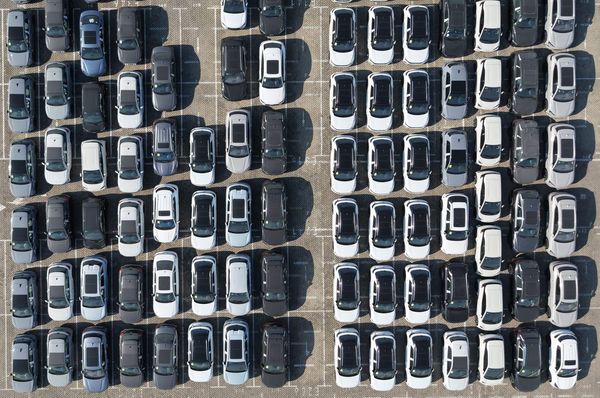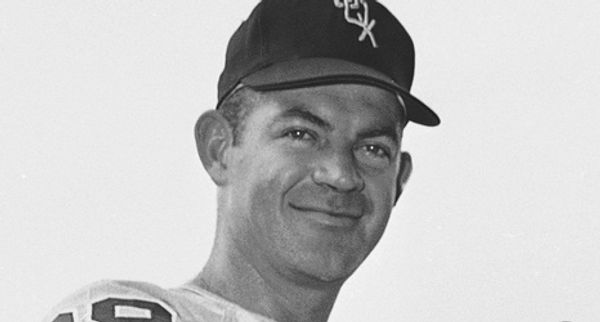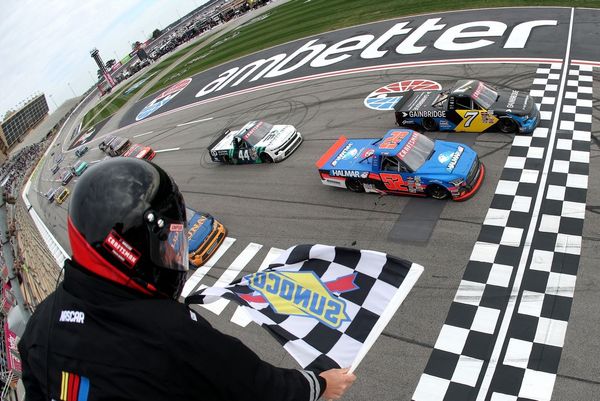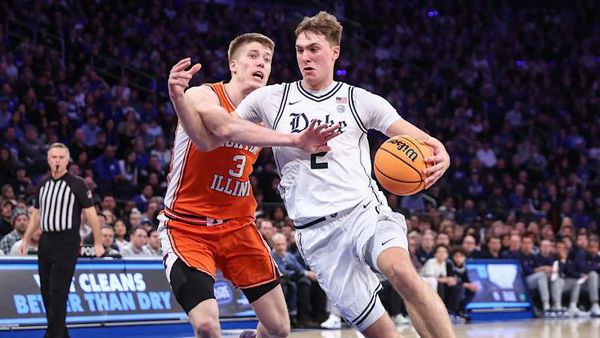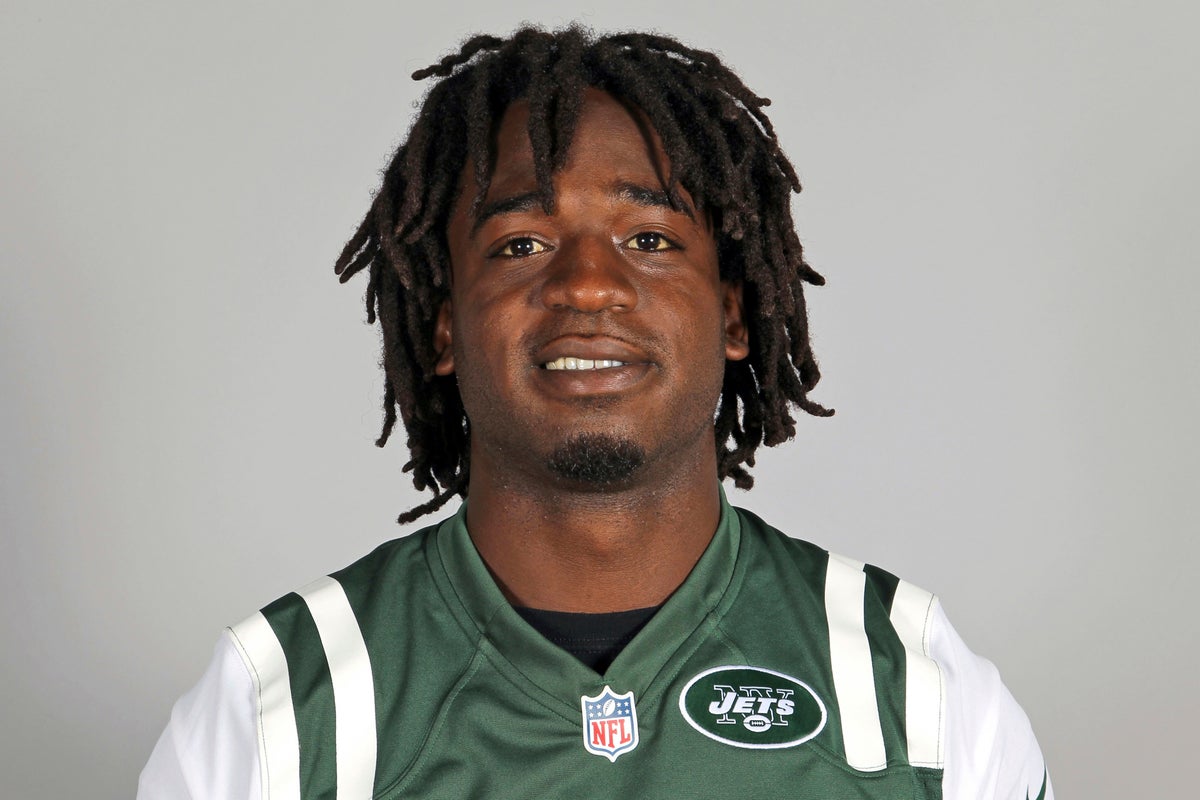
The man who killed former a former NFL player in a New Orleans area road rage incident in 2016 cannot be tried again for murder after his conviction on a lesser charge was overturned, the state's Supreme Court ruled Wednesday.
Authorities in the New Orleans suburb of Jefferson Parish originally charged Ronald Gasser with second-degree murder in the shooting of Joe McKnight. Gasser pleaded not guilty and claimed self-defense.
The jury convicted Gasser on the lesser charge of manslaughter. But that verdict was later overturned because it came from a non-unanimous jury. Such verdicts were ruled unconstitutional by the U.S. Supreme Court in an unrelated case.
The Jefferson Parish District Attorney’s Office said the non-unanimous decision for manslaughter should not be treated as an acquittal on the second-degree murder charge. Prosecutors wanted another chance to try Gasser for murder.
But the seven-member Supreme Court agreed with lower court rulings that trying Gasser again on the murder charge would violate his constitutional protection against double jeopardy.
Writing for the court, Justice Jay McCallum said state and federal double jeopardy protection “bars the reinstatement and retrial of a defendant on a higher charge when he has been lawfully convicted of a lesser included offense, even though the conviction is later vacated."
In Gasser's case, McCallum added, the conviction on the lesser manslaughter charge was “an implied acquittal” on the second-degree murder charge.
A high school football hero at Louisiana’s John Curtis Christian School, McKnight went on to play three seasons for the New York Jets and one with the Kansas City Chiefs.
Police said McKnight's death followed a 5-mile (8-kilometer) rolling confrontation that began with dangerously aggressive driving on a New Orleans bridge and ended with McKnight being shot as he stood outside Gasser’s car at a suburban intersection.
Witnesses at Gasser's 2018 trial said McKnight had been weaving in and out of traffic at high speed before the shooting. But prosecutors argued that Gasser escalated the conflict, following McKnight down an exit that he would not ordinarily have taken.


